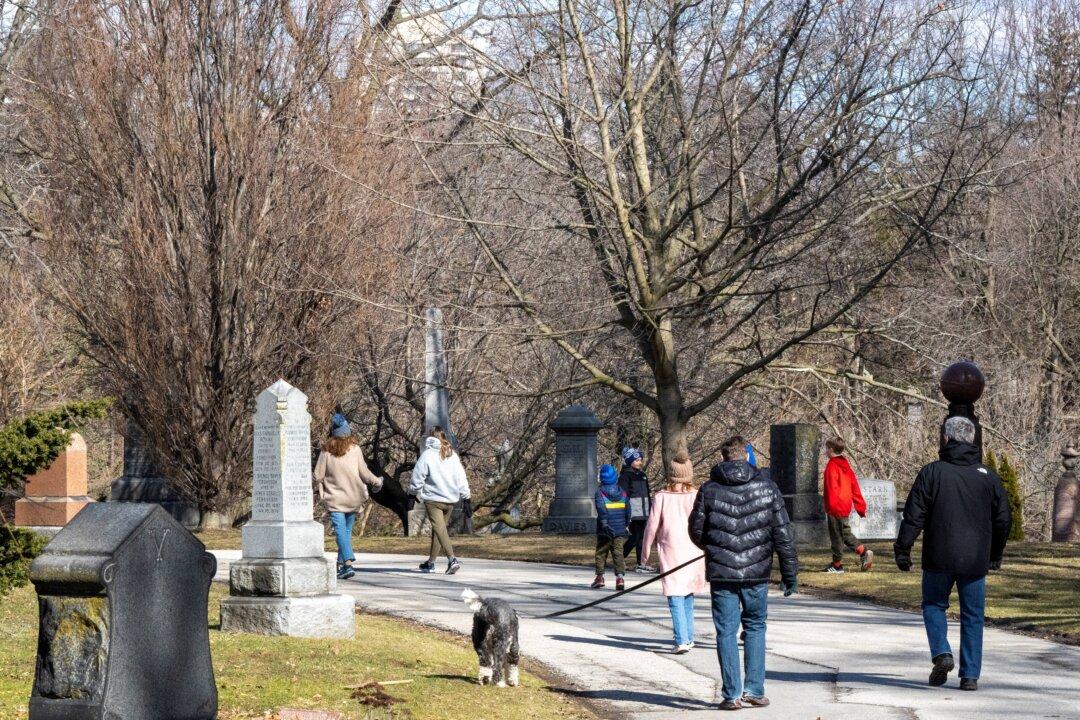Three-in-five Canadians believe in some sort of life after death—a belief that has mostly held steady over the past decade, according to a new survey.
While roughly 40 percent of those polled believe life beyond their current existence isn’t likely, only 13 percent of Canadians were sure life after death was impossible, found the survey, conducted by the Angus Reid Institute in partnership with Cardus.





